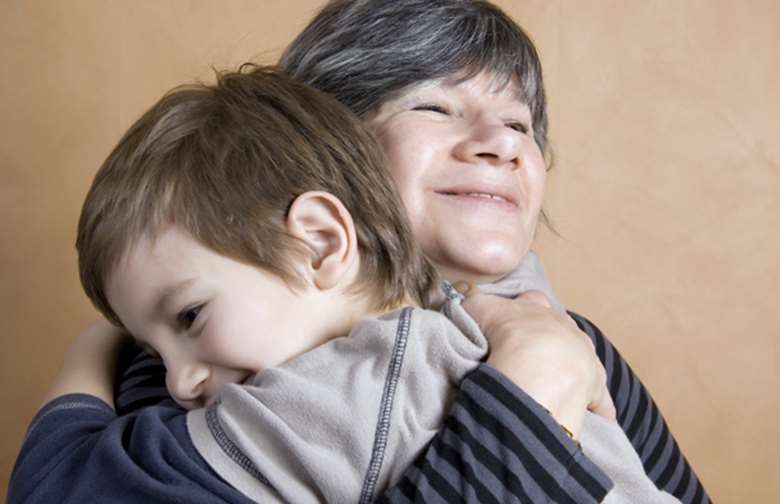'Life improves in care' for most looked-after children
Tristan Donovan
Monday, February 19, 2018
The vast majority of looked-after children feel their lives have improved since being taken into care, a study has found.

The charity Coram Voice and the University of Bristol asked 2,263 children and young people aged between four and 18 about their experiences of being in care and found 83 per cent felt their life had improved. Only six per cent said they felt life had got worse.
However, the Our Lives Our Care survey also found half of four- to seven-year-olds felt the reasons why they were in care had not been fully explained to them.
A significant minority of children also did not know who their current social worker was and 16 per cent of children under eight said they had "too much" contact with their siblings.
"Sibling bullying is the most frequent form of bullying but often goes unrecognised or is minimised, although the detrimental effects on children's development are well known," the report, which noted that conflict between siblings peaks "during middle childhood and normally reduces during adolescence", states.
The report also calls for social workers and carers to do more to explain to children why they are in care and ensure every looked-after child has a trusted adult in their life. Social workers and carers should also ask children in care about their sibling relationships and intervene if sibling bullying is a problem, it adds.
Carol Homden, chief executive of the Coram group of children's charities, said: "It is encouraging to hear that such a large majority of children and young people in care feel their lives are improving and that, for most, the care system is providing them with the safety, support and opportunities they need to thrive.
"However, the results show us that we can and must take action to address the avoidable losses of care so that children feel ‘normal' and are able to do the same things as their friends, have an understanding of why they are where they are, and a part to play in decisions that affect them."
Professor Julie Selwyn, director of the Hadley Centre for Adoption and Foster Care Studies at the University of Bristol, added: "The results of the survey show that most children and young people are flourishing in care but about 18 per cent of young people aged 11 to 18 years old are not.
"Young people with low wellbeing did not feel settled and felt that they were being moved from placement to placement. The detrimental impact of a lack of a trusted adult in these children's lives cannot be overestimated."
The survey also found that girls and black or mixed ethnicity children have lower wellbeing than their peers in the care system. Compared with other ethnicities, mixed ethnicity children were most likely to have had five or more placements, dislike school, feel negative about their future and not understand why they were in care.
The report recommends that social workers and carers pay particular attention to building girls' self-confidence but said more research is needed into why mixed ethnicity children are most likely to have lower wellbeing.
The survey was carried out as part of the Coram Voice and the University of Bristol's Bright Spots programme, which helps local authorities identify the views of young people in care. Bright Spots currently works with 31 councils in England and Wales.




